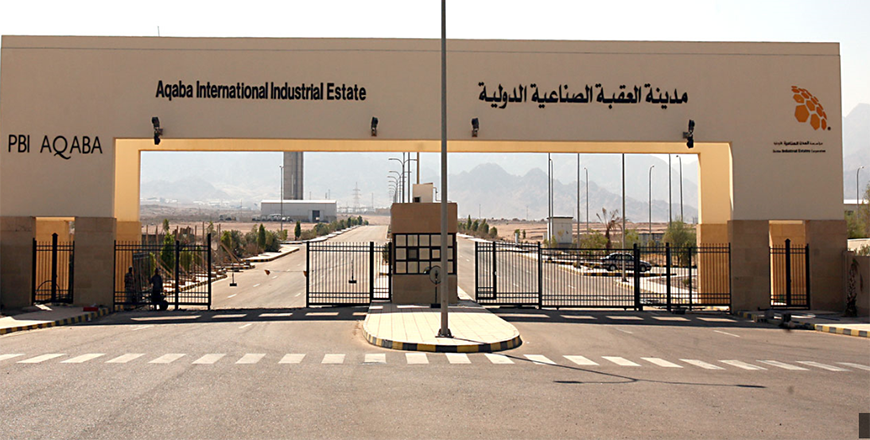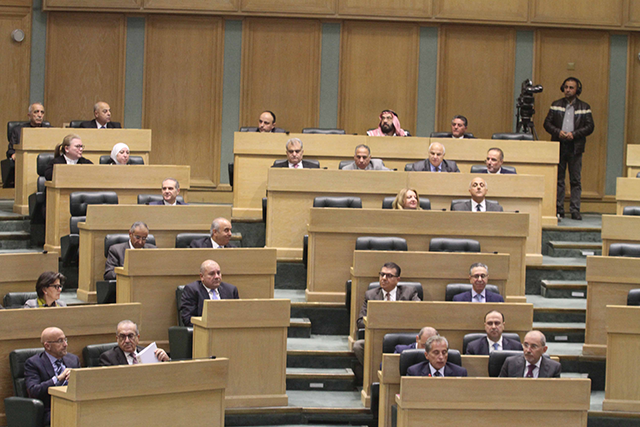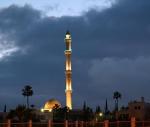You are here
National economy in 2024 demonstrates resilience, growth amid regional challenges – experts
By JT - Dec 28,2024 - Last updated at Dec 28,2024

Experts say that the national economy has shown ‘remarkable’ adaptability and resilience despite regional geopolitical challenges in the region (JT file)
AMMAN — Experts have explained that the national economy has shown "remarkable" adaptability and resilience despite regional geopolitical challenges in the region, attributing the reason to cross-government economic vision, and collaborative efforts from both public and private sectors.
Speaking to the Jordan News Agency (Petra) on Saturday, experts noted that the national economy has achieved positive growth rates and performed "impressively in 2024, thanks to the Central Bank's prudent monetary policies and economic reforms."
These measures contributed to building robust foreign currency reserves, boosting national exports, and reducing the trade deficit, Petra reported.
Experts anticipate gradual improvement in the national economy in 2025, with expectations of positive growth rates, supported by improving regional conditions, ongoing economic and financial reforms, and strengthening productive sectors.
They stressed the importance of advancing the implementation of the Economic Modernisation Vision, fostering collaboration with the private sector, accelerating major projects, capitalizing on emerging opportunities from regional developments, and enhancing the competitiveness of national exports to achieve comprehensive and sustainable development.
Economic Performance in 2024
Economic growth for 2024 is expected to reach 2.3 per cent, while inflation rates have remained low, below 2 per cent, despite the widespread inflationary pressures faced by many countries in the region. This stability is attributed to the Central Bank's proactive adjustments to global and regional interest rate trends.
Economic expert and former minister of finance Mohammad Abu Hamour explained that the Central Bank's prudent policies have stabilised prices, maintained the fixed exchange rate of the Jordanian dinar, and built foreign currency reserves exceeding $20 billion—enough to cover more than eight months of imports.
Additionally, the banking system remained strong, and deposits in Jordanian dinars retained their appeal.
The trade deficit decreased by 5.1 per cent in the first ten months of 2024, while remittances from Jordanians abroad rose by a similar percentage, he said.
Projections for 2025 and Beyond
Former minister of investment, Khuloud Saqqaf, also hailed the economy’s remarkable resilience in 2024 despite regional political challenges. She pointed out that growth is expected to slow to 2.4 per cent in 2024 due to the impact of regional conflicts on tourism, trade, transportation, and construction sectors.
The International Monetary Fund (IMF) forecasts an acceleration of economic growth to 2.9 per cent in 2025, contingent on regional stability and continued structural reforms to strengthen the national economy's resilience.
She added that ongoing reforms are expected to drive growth to approximately 3 per cent in 2025, though achieving these targets depends on regional improvements and the government's continued implementation of effective economic policies.
Noah Shiyab anticipates gradual improvement in Jordan’s economy over the coming years, with GDP growth expected to reach 3 per cent by 2025. "This growth will be supported by government efforts to boost investment, expand the private sector’s role, and implement the EMV."
He also emphasized the need for Jordan to achieve sustained economic growth rates exceeding 5 per cent over consecutive years to positively impact citizens. He urged the government to capitalize on opportunities arising from stability and reconstruction efforts in Syria, conduct detailed sectoral studies, and identify opportunities for private sector participation.
He also stressed the importance of addressing food and water security challenges exacerbated by climate change. "These factors make continued economic reforms and long-term developmental policies essential for achieving sustainable growth."
Related Articles
AMMAN — The national economy has maintained stability and resilience during 2024 despite regional instability, bolstered by Royal efforts, a
AMMAN — The Lower House has referred the draft General Budget Law for the fiscal year 2025 to its Financial Committee, which will begin discussions with ministries, government units, and institutions. Recommendations will then be submitted to the Chamber for further deliberations.



















